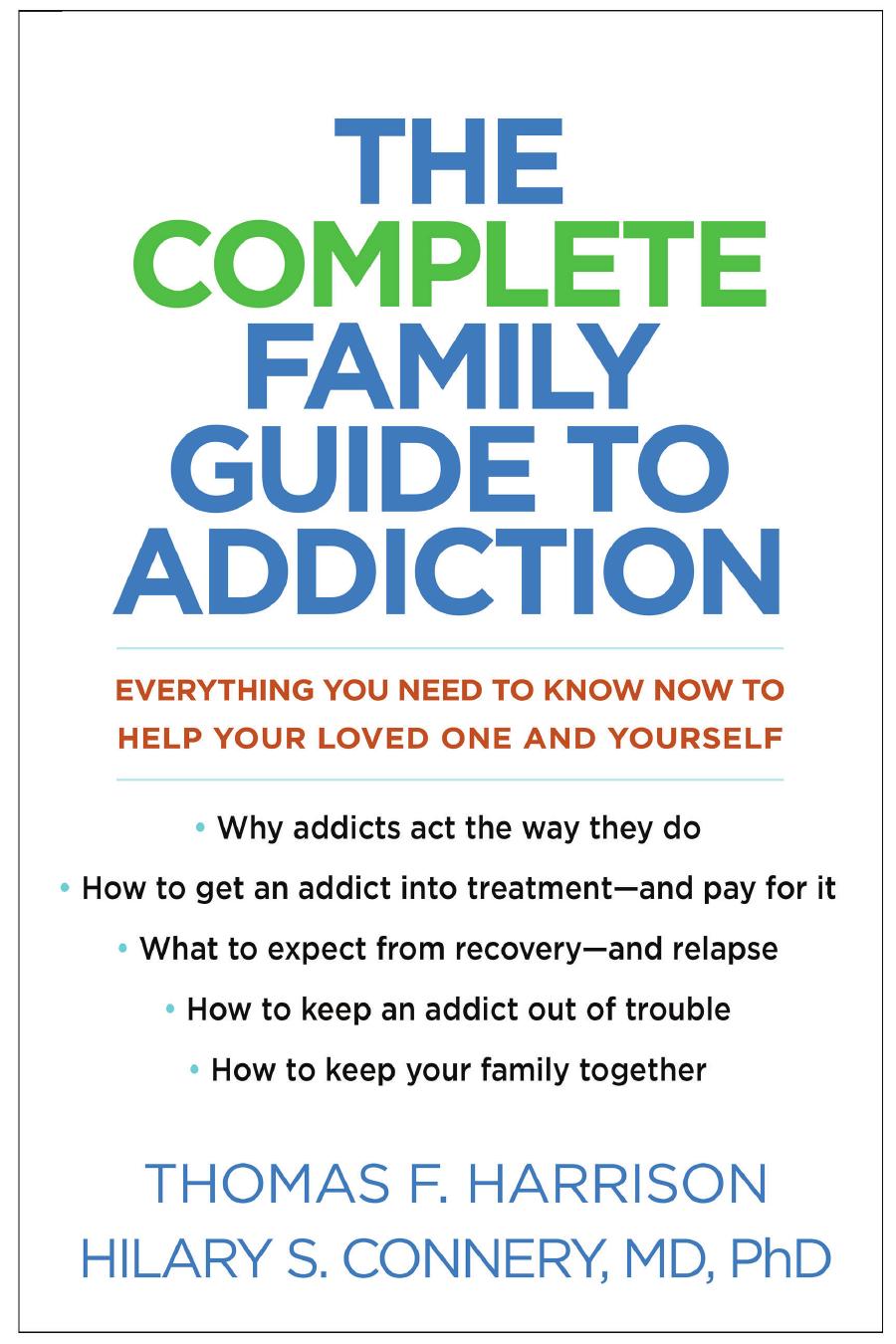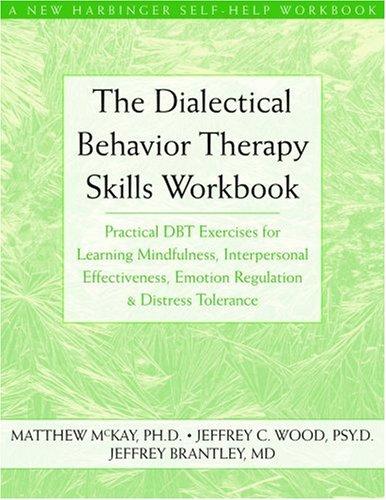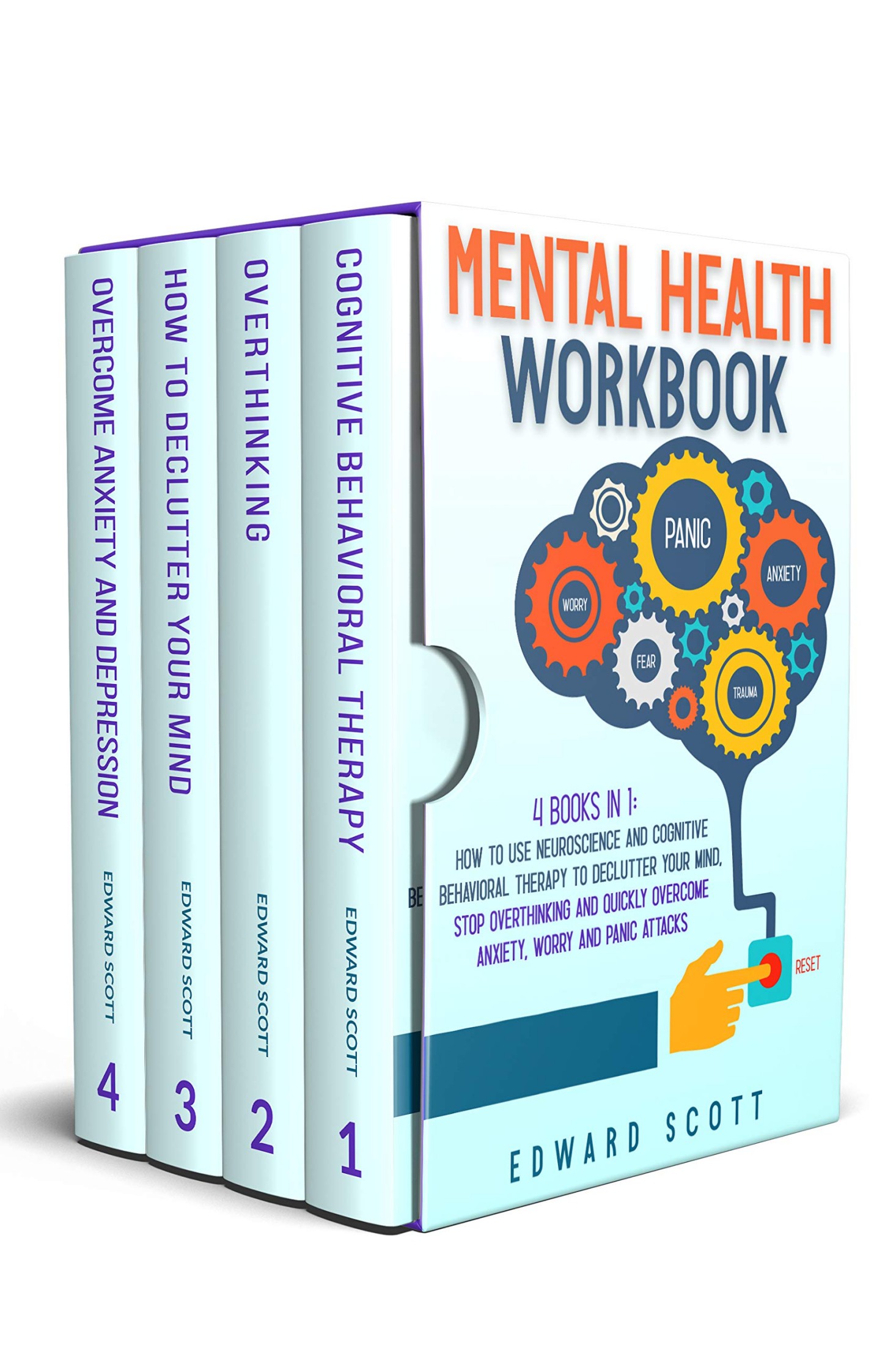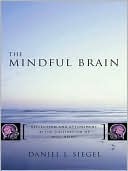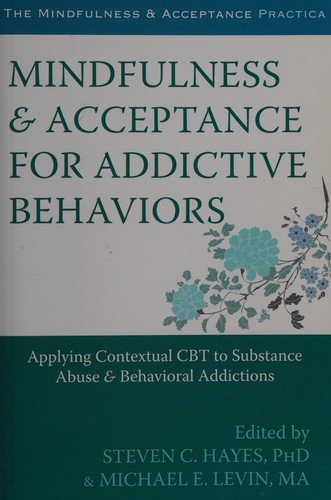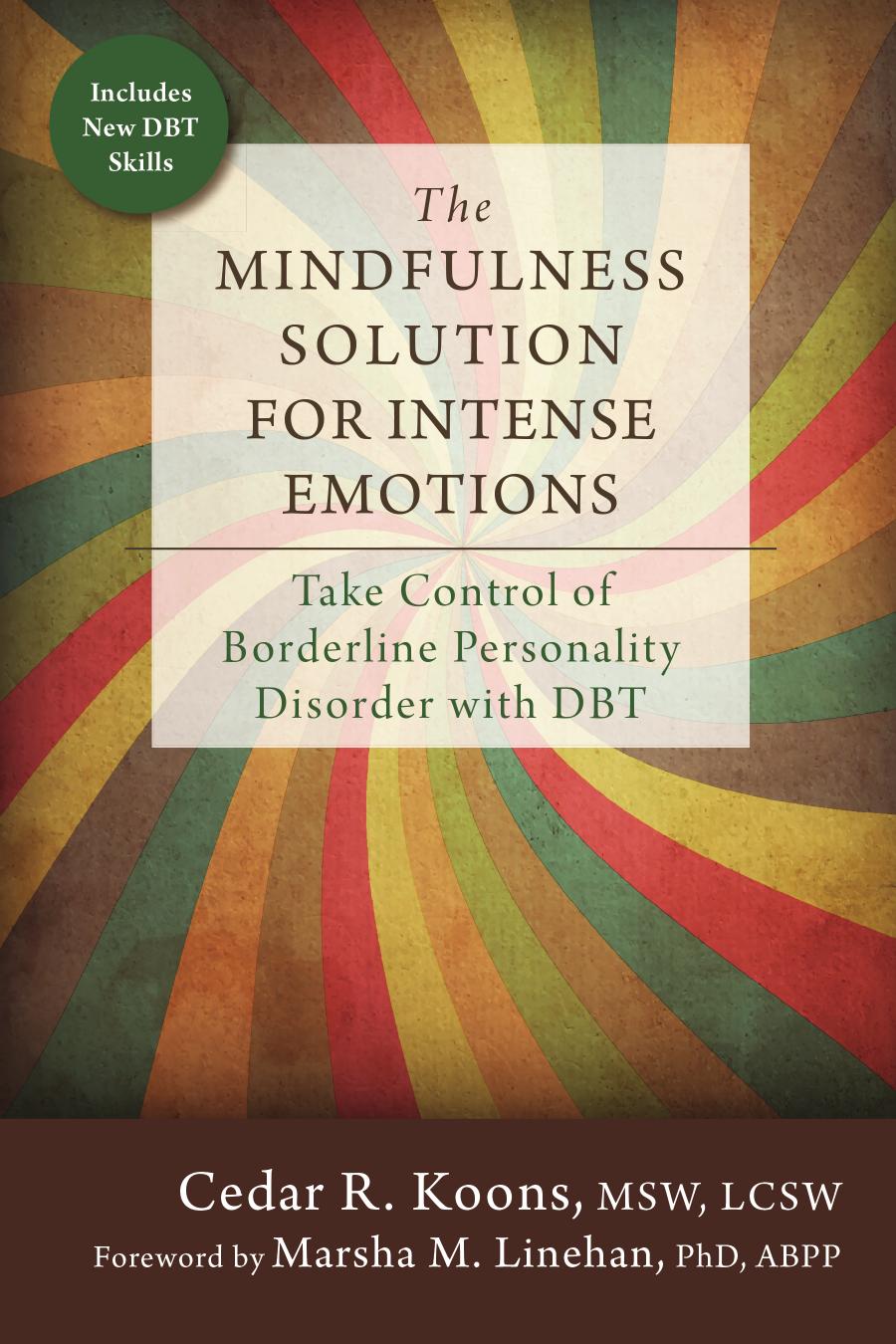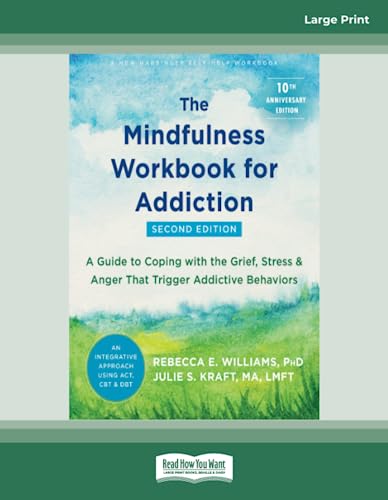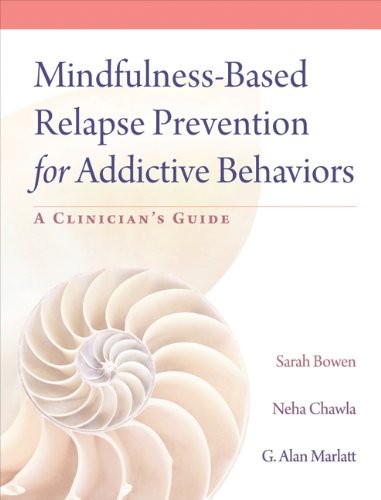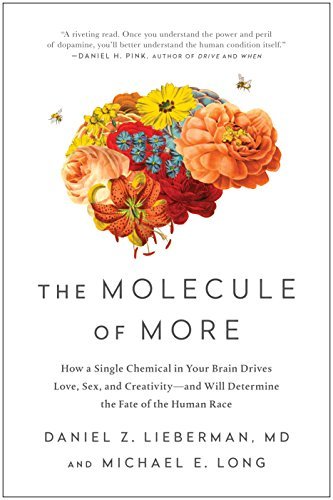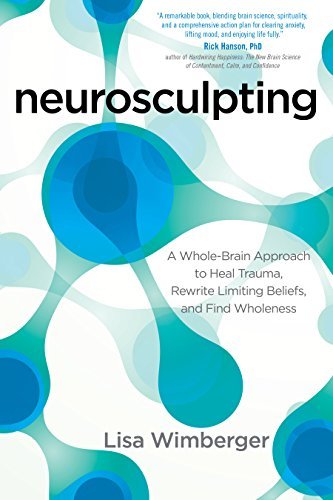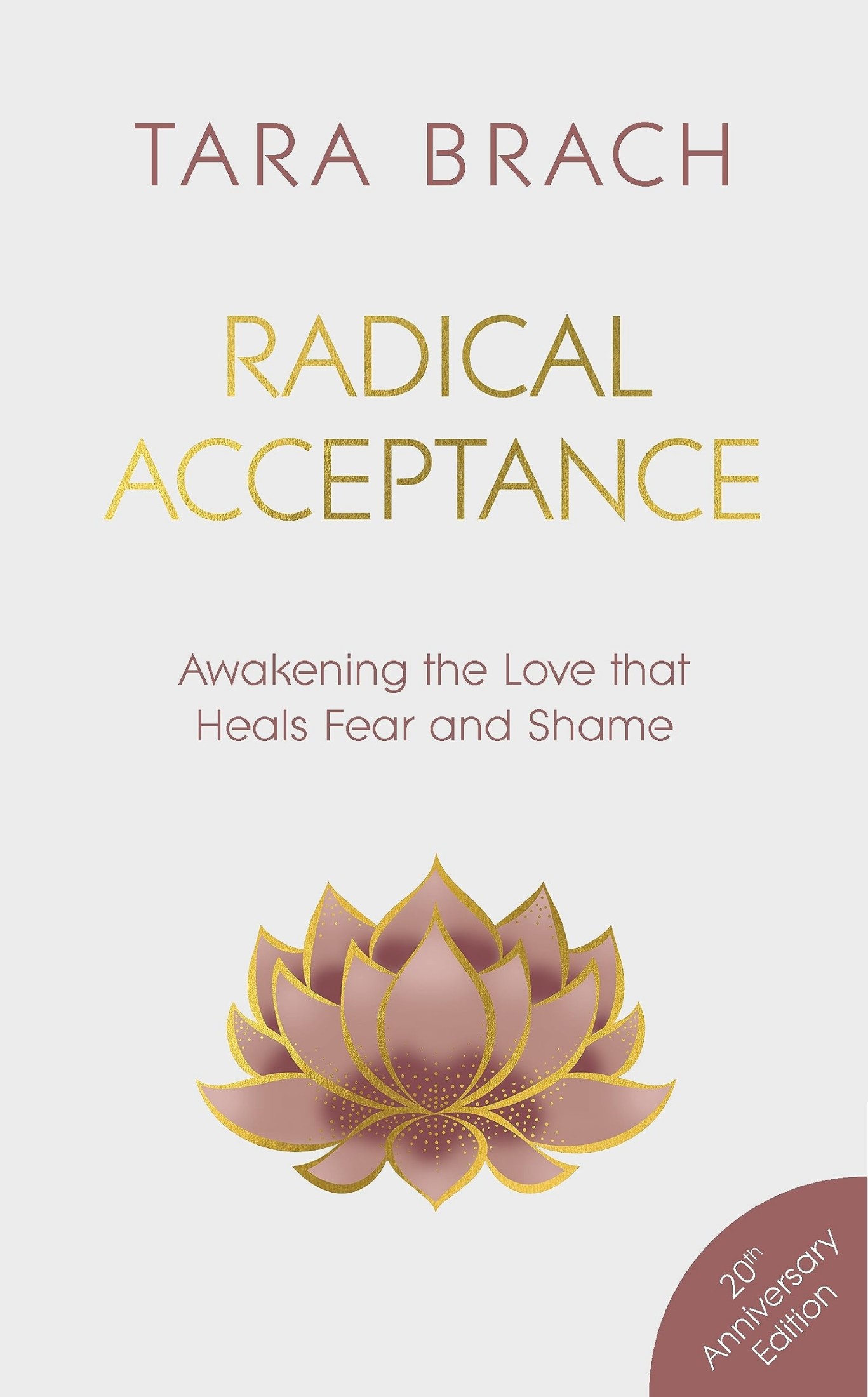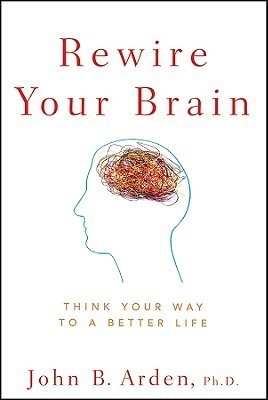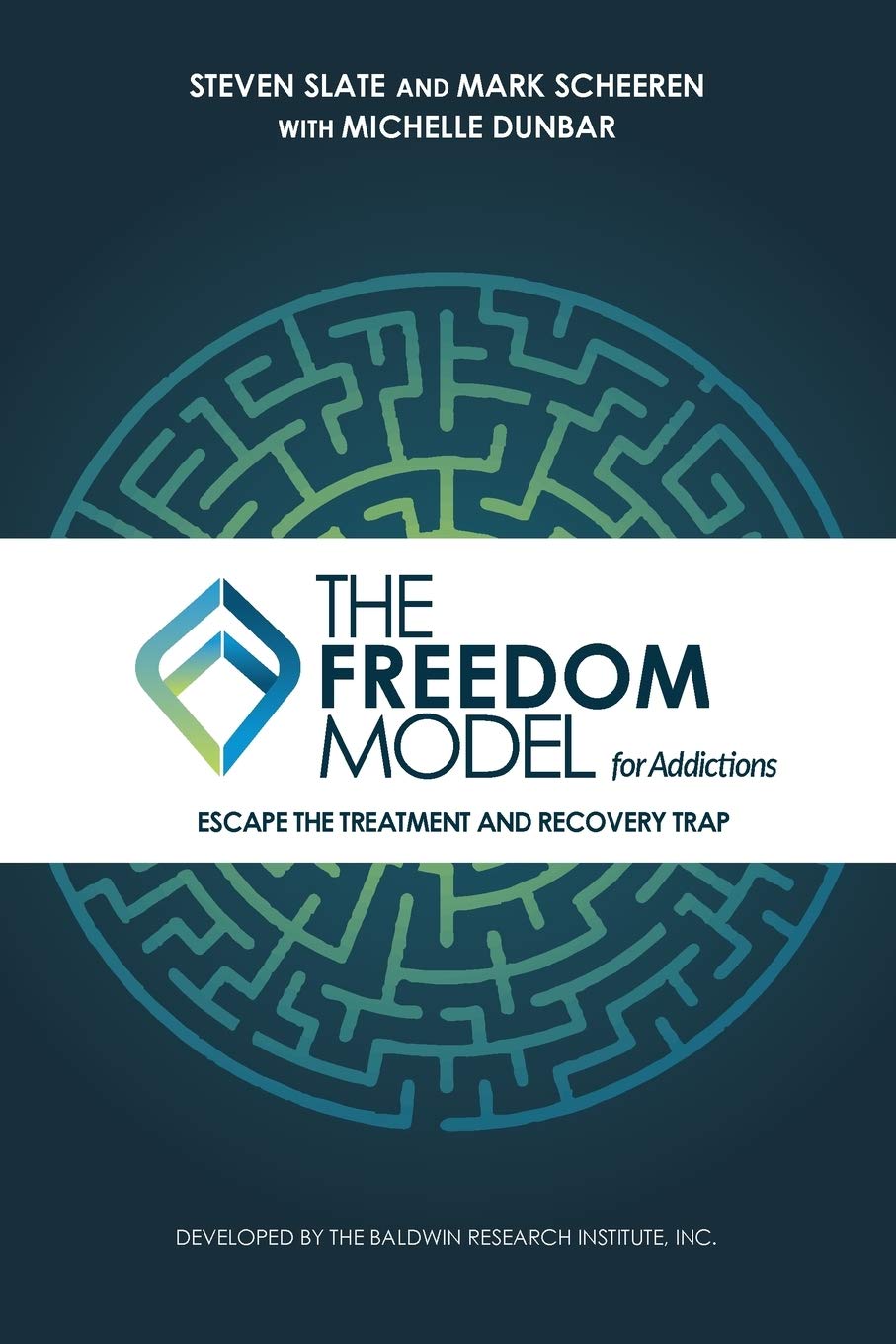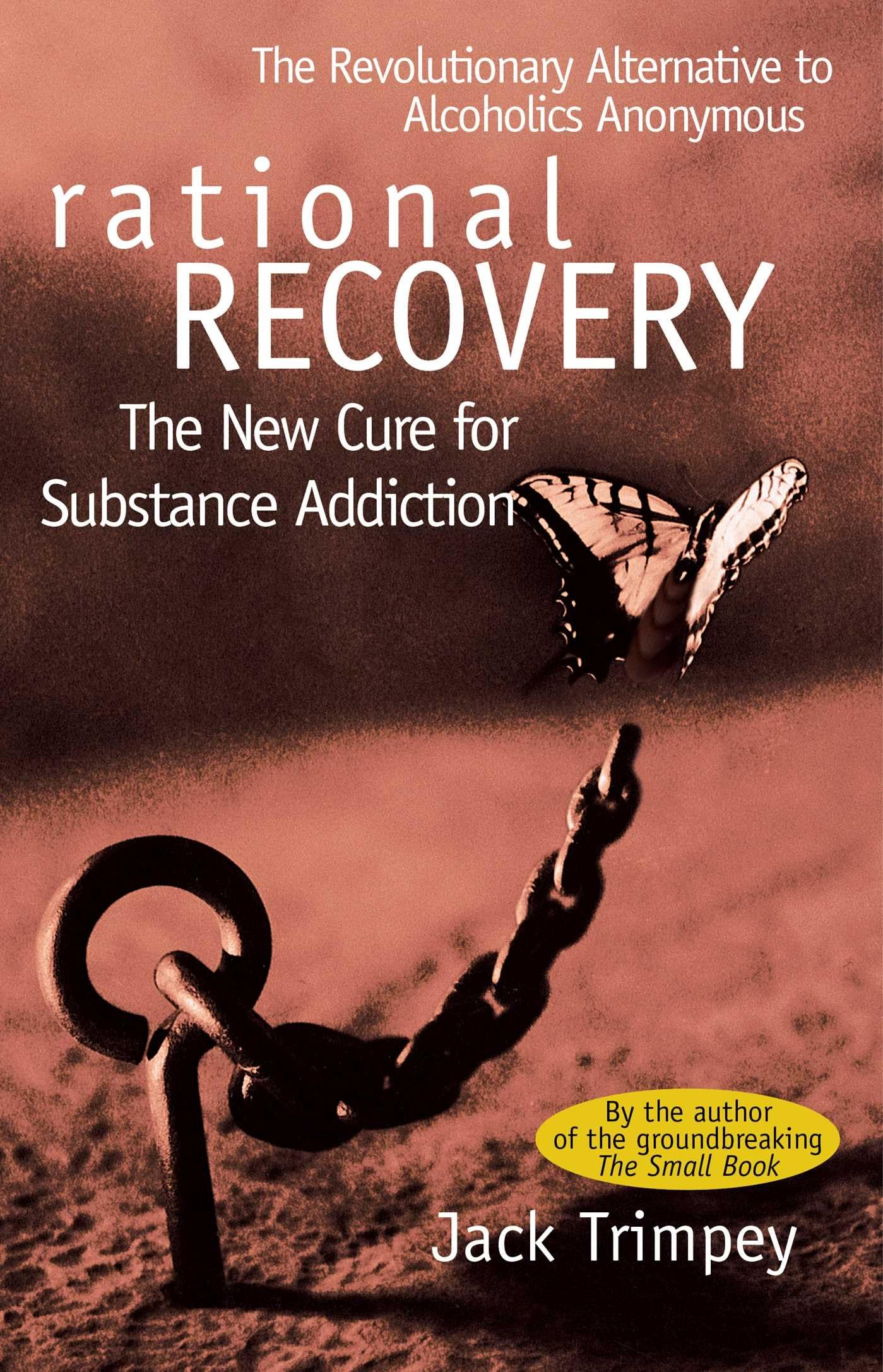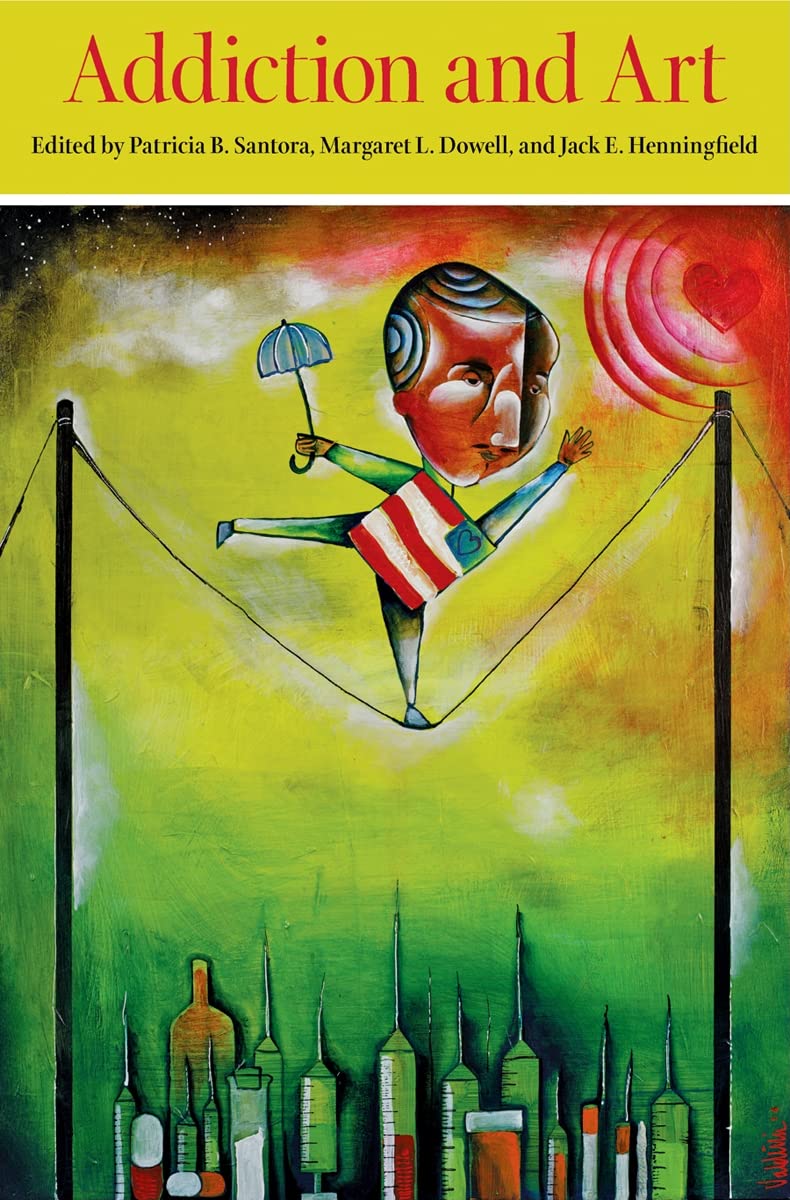
Description:
In "Calming the Emotional Storm," author Sheri Van Dijk, MSW, provides a practical and accessible guide to using Dialectical Behavior Therapy (DBT) skills. The book is designed for anyone who struggles with intense emotions, emotional dysregulation, and a feeling of being overwhelmed by their feelings—a common experience for those in recovery. Van Dijk breaks down complex therapeutic concepts into clear, actionable strategies that can be used in daily life.
The core of the book focuses on the four key modules of DBT:
- Mindfulness: Learning to be present in the moment and observe thoughts and emotions without judgment.
- Distress Tolerance: Developing skills to cope with difficult or painful emotions and situations without resorting to harmful behaviors.
- Emotion Regulation: Understanding and managing emotions to reduce emotional vulnerability and negative emotional responses.
- Interpersonal Effectiveness: Improving communication skills to build healthier relationships, assert needs, and maintain self-respect.
Van Dijk emphasizes the "dialectical" aspect of DBT, encouraging readers to find a balance between acceptance and change. The book is filled with real-world examples, exercises, and worksheets that empower readers to build a toolkit for emotional stability. It offers a powerful message of hope: that through dedicated practice, it is possible to navigate even the most turbulent emotional storms and build a more balanced and meaningful life.
Study Guide for Recovery
This study guide is designed to help you explore the concepts in "Calming the Emotional Storm" and apply them to your own journey of recovery.
Key Themes & Concepts
- The Four DBT Skill Modules: Understanding the purpose of each module—Mindfulness, Distress Tolerance, Emotion Regulation, and Interpersonal Effectiveness—and how they work together to create emotional balance.
- Mindfulness as a Foundational Skill: The book presents mindfulness not just as a relaxation technique, but as the essential first step to observing and managing emotions without immediate, reactive responses.
- Finding the "Middle Path" (Dialectics): DBT's core philosophy of balancing seemingly opposing ideas, such as accepting your current situation while also working to change it.
- Emotional Regulation in Practice: Learning to identify your emotions, understand their triggers, and use skills to shift them when they are unhelpful.
- Coping with Cravings and Triggers: The Distress Tolerance module is particularly relevant to recovery, offering skills to ride out intense urges without acting on them.
Discussion Questions
- Van Dijk's book is titled "Calming the Emotional Storm." What does your "emotional storm" look and feel like? Which of the four DBT modules do you think would be most helpful for you in the midst of it?
- The book encourages finding a balance between acceptance and change. What is one thing you can accept about your current situation, and what is one small thing you can commit to changing today?
- Mindfulness is a key component of DBT. How can practicing mindfulness help you become more aware of your triggers for substance use and make different choices?
- Think about the Interpersonal Effectiveness skills. How have past relationships (or a lack thereof) impacted your emotional state and your recovery journey? How can you use these skills to build healthier connections going forward?
- What is one specific DBT skill you want to practice this week (e.g., grounding, using a distraction, or observing an emotion without judgment)? How will you incorporate it into your routine?
Additional Resources
- What is DBT? An Overview:
- This resource from the American Psychological Association provides a concise summary of Dialectical Behavior Therapy, its origins, and its applications beyond the book. https://www.apa.org/ptsd-guideline/patients-and-families/dialectical-behavior-therapy
- Video: "DBT Skills Overview"
- Watch a short, animated video that explains the four core skill modules of DBT in a simple and easy-to-understand format. (Search "DBT skills explained" on YouTube for a variety of helpful videos.)
- Article: "DBT for Addiction Treatment"
- This article from the National Education Alliance for Borderline Personality Disorder (NEA-BPD) explains how DBT skills are specifically applied in the context of addiction and substance use disorders. https://www.borderlinepersonalitydisorder.org/dbt/dbt-for-addiction/
- Author's Website:
- Explore Sheri Van Dijk's website for more resources, workshops, and information on her other books related to DBT. http://www.sherivandijk.com/






